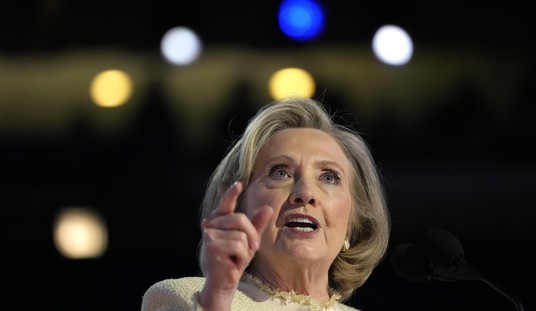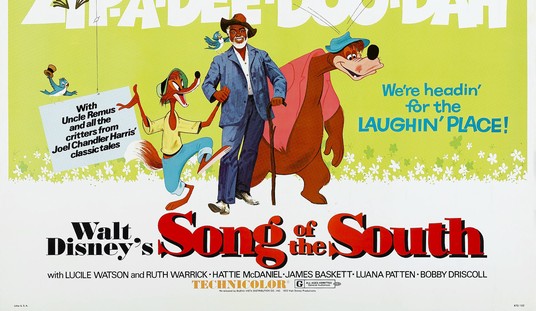A plan to strong-arm Wal-Mart into using “tighter oversight” for the sale of firearms with high-capacity magazines has failed.
Yesterday, a federal appeals court lifted an injunction that would have forced Wal-Mart to let shareholders vote on an anti-gun proposal put forward by shareholders with a political agenda. Specifically, the proposal would tighten oversight on the sale of guns with high-capacity magazines.
U.S. District Court Judge Leonard Stark issued an injunction stating, according to Guns.com, “Wal-Mart wrongly excluded the church, a major shareholder, at its annual meeting and granted Trinity an injunction preventing the company from excluding the proposal from proxy materials for its 2015 annual meeting.” That injunction was lifted by the 3rd Circuit Court of Appeals.
“The church filed the lawsuit in April 2014 after the retail giant refused to bring the proposal to shareholders and the Securities and Exchange Commission said it would not punish Wal-Mart for excluding it.”
If they had succeeded, shareholders could conceivably flood the company or any other company with idiotic proposals about what merchandise ought to sold.
Trinity Church, based in Manhattan, has $2B in assets and intended for other shareholders to consider that “sale of certain products can have momentous consequences.”
On the side of Trinity Church is the Law Center to Prevent Gun Violence, which argued “Among the hundreds of thousands of items Wal-Mart sells, assault rifles with high-capacity magazines stand apart because of their capacity to kill large numbers of people in a very short period of time. They would doubtless be appropriate for consideration under any policy involving products sold which might impact safety of the general public and the reputation of Wal-Mart.”
If you don’t like the merchandise Wal-Mart sells, don’t invest in the company. I suspect the church didn’t just invest in Wal-Mart to get a big return on their investment, but rather they wanted to force this issue into the courts and stop the country’s largest retailer from selling certain firearms.
“This ruling was less a victory for gun owners than a victory for corporations,” Adam Winkler, a professor of constitutional law at UCLA, told Guns.com. “Courts have long been reluctant to force public companies to put political and social issues up for a shareholder vote. Whether the issue is liberal or conservative, courts generally give big companies autonomy to decide whether to allow votes on such proposals.
“Still, gun buyers benefit from the ruling because Wal-Mart is the nation’s largest retail outlet and will continue to sell guns,” said Winkler.









Join the conversation as a VIP Member